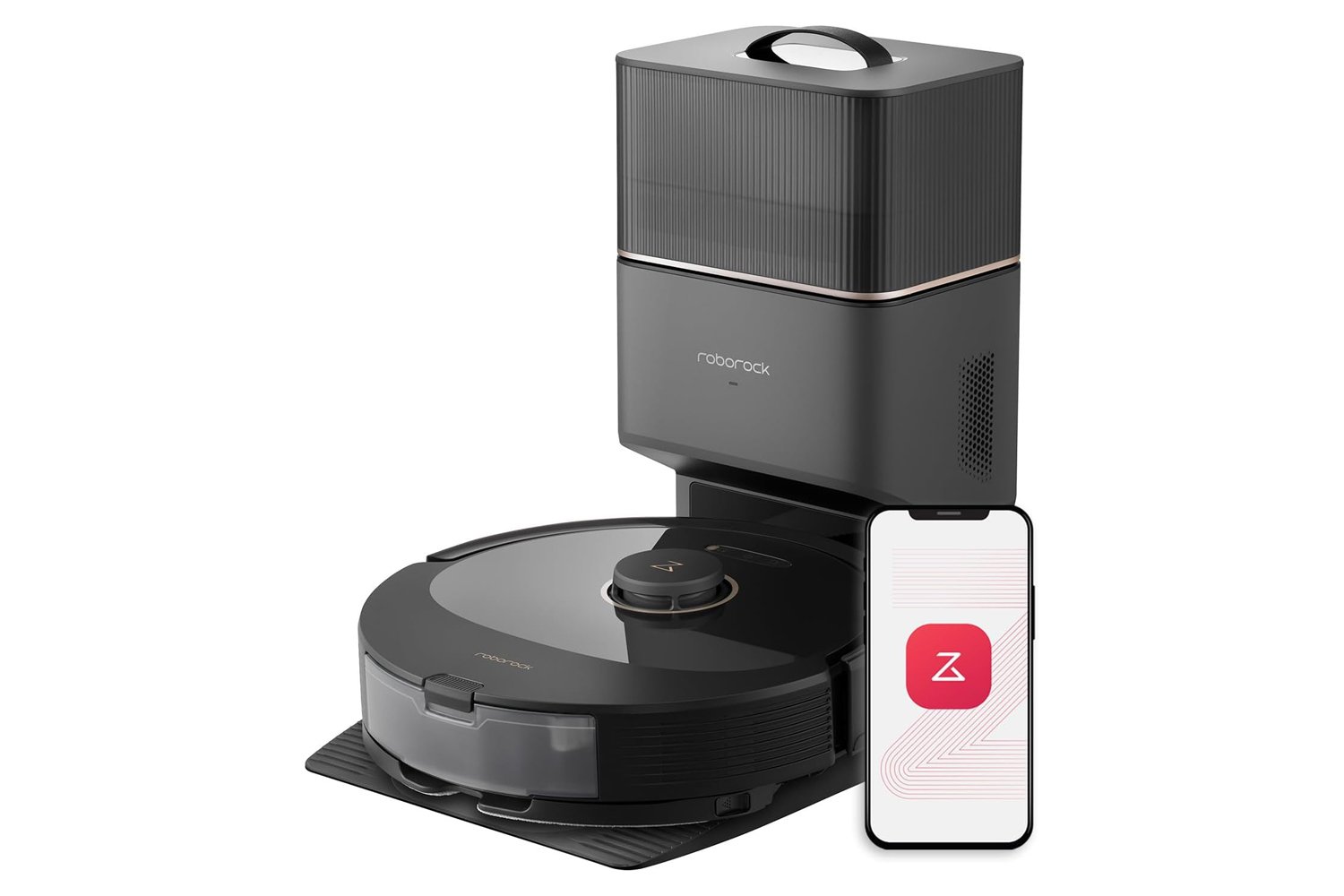A significant development has occurred in the realm of copyright claims against AI companies, potentially altering the landscape of these cases.
Recently, a U.S. federal judge issued a summary judgment in a case involving tech conglomerate Thomson Reuters and legal tech firm Ross Intelligence. The judge ruled that Ross’ utilization of Reuters’ content to train its AI legal research platform constituted an infringement on Reuters’ intellectual property rights.
This outcome may have far-reaching implications for the numerous copyright-related AI lawsuits currently pending in U.S. courts, with over 39 cases underway. However, it is essential to note that this ruling does not necessarily guarantee a straightforward victory for plaintiffs alleging IP rights violations by AI companies.
All about the headnotes
The lawsuit centered on Ross’ use of headnotes, which are summaries of legal decisions, from Westlaw, Reuters’ legal research service, to train its AI. Ross promoted its AI as a tool for analyzing documents and conducting query-based searches across court filings.
Ross argued that its use of copyrighted headnotes was justified due to its transformative nature, meaning it repurposed the headnotes to serve a distinctly different function or market. However, Judge Stephanos Bibas, presiding over the case, was not convinced by this argument in his summary judgment.
According to Bibas, Ross was essentially repackaging Westlaw headnotes in a manner that directly replicated Westlaw’s legal research service. The startup’s platform did not add new meaning, purpose, or commentary, which undermined Ross’ claim of transformative use.
In his decision, Bibas also cited Ross’ commercial motivations as a factor in the startup’s defense falling short. Ross aimed to profit from a product that competed directly with Westlaw, without significantly recontextualizing the IP-protected Westlaw material.
Shubha Ghosh, a Syracuse University professor specializing in IP law, described the ruling as a “strong victory” for Thomson Reuters.
“The trial will proceed, but Thomson Reuters has been awarded a summary judgment, a victory at this stage of the litigation,” Ghosh explained. “The judge also affirmed that Ross was not entitled to summary judgment on its defenses, such as fair use and merger. As a consequence, the case will continue to trial with a strong victory for Thomson Reuters.”
Narrow in application
Already, plaintiffs in another AI copyright case have requested that a court consider Bibas’ decision. Nevertheless, it remains uncertain whether the precedent will influence other judges.
Bibas’ opinion drew a distinction between “generative AI” and the AI employed by Ross, which did not generate content but simply returned existing judicial opinions.
Generative AI, a key aspect of copyright lawsuits against companies like OpenAI and Midjourney, is frequently trained on vast amounts of content from public sources on the web. When fed numerous examples, generative AI can produce speech, text, images, videos, music, and more.
Many companies developing generative AI argue that fair use doctrines protect their practice of scraping data and using it for training without compensation or credit to the data’s owners. They claim that they are entitled to use any publicly available content for training and that their models output transformative works.
However, not all copyright holders agree. Some point to the phenomenon of regurgitation, where generative AI creates content closely resembling the work it was trained on.
Randy McCarthy, a U.S. patent attorney at the law firm Hall Estill, noted that Bibas’ focus on the “impacts upon the market for the original work” could be crucial to rights holders’ cases against generative AI developers. However, he also cautioned that Bibas’ opinion is relatively narrow and may be overturned on appeal.
“One thing is clear, at least in this case: merely using copyrighted material as training data for an AI cannot be said to be fair use per se,” McCarthy told TechCrunch. “[But it’s] one battle in a larger war, and we’ll need to see more developments before we can extract from this the law pertaining to the use of copyrighted materials as AI training data.”
Another attorney TechCrunch spoke with, Mark Lezama, a litigation partner at Knobbe Martens focusing on patent disputes, believes Bibas’ opinion could have broader implications. He thinks the judge’s reasoning could extend to generative AI in its various forms.
“The court rejected a fair-use defense as a matter of law in part because Ross used [Thomson Reuters] headnotes to develop a competing legal research system,” Lezama said. “Although the court hinted this might be different from a situation involving generative AI, it’s easy to see a news site arguing that copying its articles for training a generative AI is no different because the generative AI uses the copyrighted articles to compete with the news site for user attention.”
In essence, publishers and copyright owners embroiled in disputes with AI companies have slight reason to be optimistic following the decision — with emphasis on slight.
Source Link





